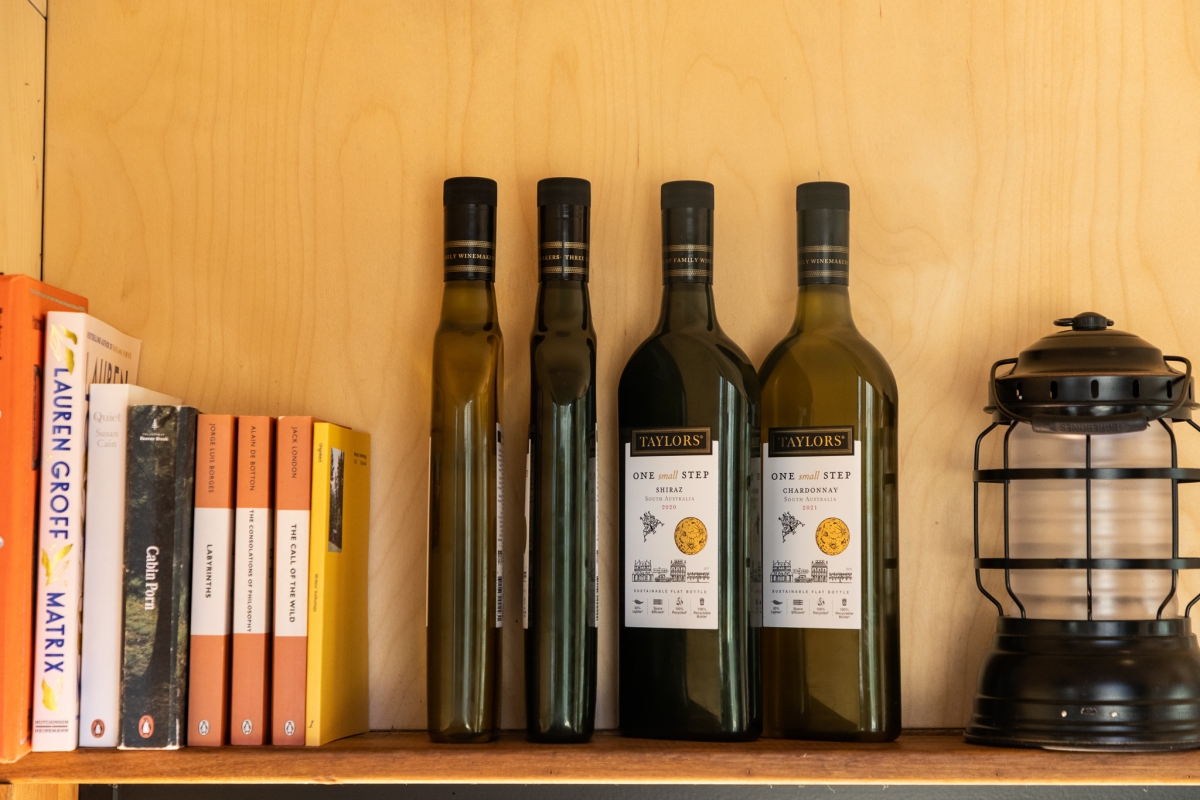After suggestions that Australia was lacking in the infrastructure required to support the recycling of rPET bottles, packaging manufacturer Packamama reached out to The Shout with comment.
Packamama has signed significant deals with Taylors Wines, Accolade and Cole’s Liquor this year, with the company’s distinctive, flatter ‘eco-bottles’ entering the Australian market.
Nevertheless, after concerns that there was some misunderstanding about the way rPET (recycled polyethylene terephthalate) can be used and recycled in Australia, Packamama’s CEO and Founder, Santiago Navarro, wanted to provide his perspective.
Firstly, Navarro addressed the current state of play for existing Australian recycling architecture.
“Australia’s recycling infrastructure works and is improving consistently, moreover for PET,” Navarro told The Shout.
“Recycling should be viewed as twofold: one – interception when the material is captured; and two – processing when the intercepted material is prepared for another use.
“Looking at the annual material flow data available for South Australia (Source: Rawtec, 2020), 87 per cent of PET material was recycled back into new containers whilst only 53 per cent of glass was recycled back into new containers,” Navarro continued.
“PET far outperforms glass for bottle recyclability in South Australia and the data for other states is likely to show a similar pattern.
“Investments are being made in Australia to be able to recycle even more PET, with 20,000 tonnes being added in 2021, taking total PET recycling capacity to 50,000 tonnes, which is the equivalent of approximately 2.5 billion regular PET bottles.”
Navarro also explained the reasons why he believes PET should not be considered as ‘just another plastic.’
“The greatest two misconceptions are that all plastics are created equal and that all plastic packaging is potentially created from the same ‘plastic’ material,” Navarro said.
“Plastic is a simplistic term for a complex group of diverse polymers. Grouping these differing polymers together is totally unhelpful. PET is the most recyclable and recycled of the polymers.
“Once recycled and turned into rPET, this is a wonder material which is low energy, lightweight, strong, transparent, and low carbon footprint,” he added.
Navarro was keen to stress that before entering the Australia, Packamama was careful to ensure certain criteria were met with regards to local rPET market, giving an overview of the company’s due diligence.
“We study the following: one – availability of quality recycled PET (rPET) to US and EU food grade standards.”
“Two – enough supply over time to allow for our growth at the same time as others who are also using rPET.
“Three – facilities to allow for the collection of PET bottles post use, whether this is through kerbside recycling or deposit return schemes.
“Four – the recycling infrastructure to take PET bottles and process these for another use.
“Five – the appropriate caps and labels to place on the bottles to ensure they are compatible with local recycling.”
Navarro concluded by saying that this process is “conducted to ensure we are offering a scalable, sustainable solution which is also a benchmark example of best practices for best-in-class material and recyclability by design.”
Ed’s note: “The Shout does not take a position either for or against the use of rPET in the drinks industry, but welcomes and encourages an informed and friendly conversation as we work together towards a more sustainable future.”

